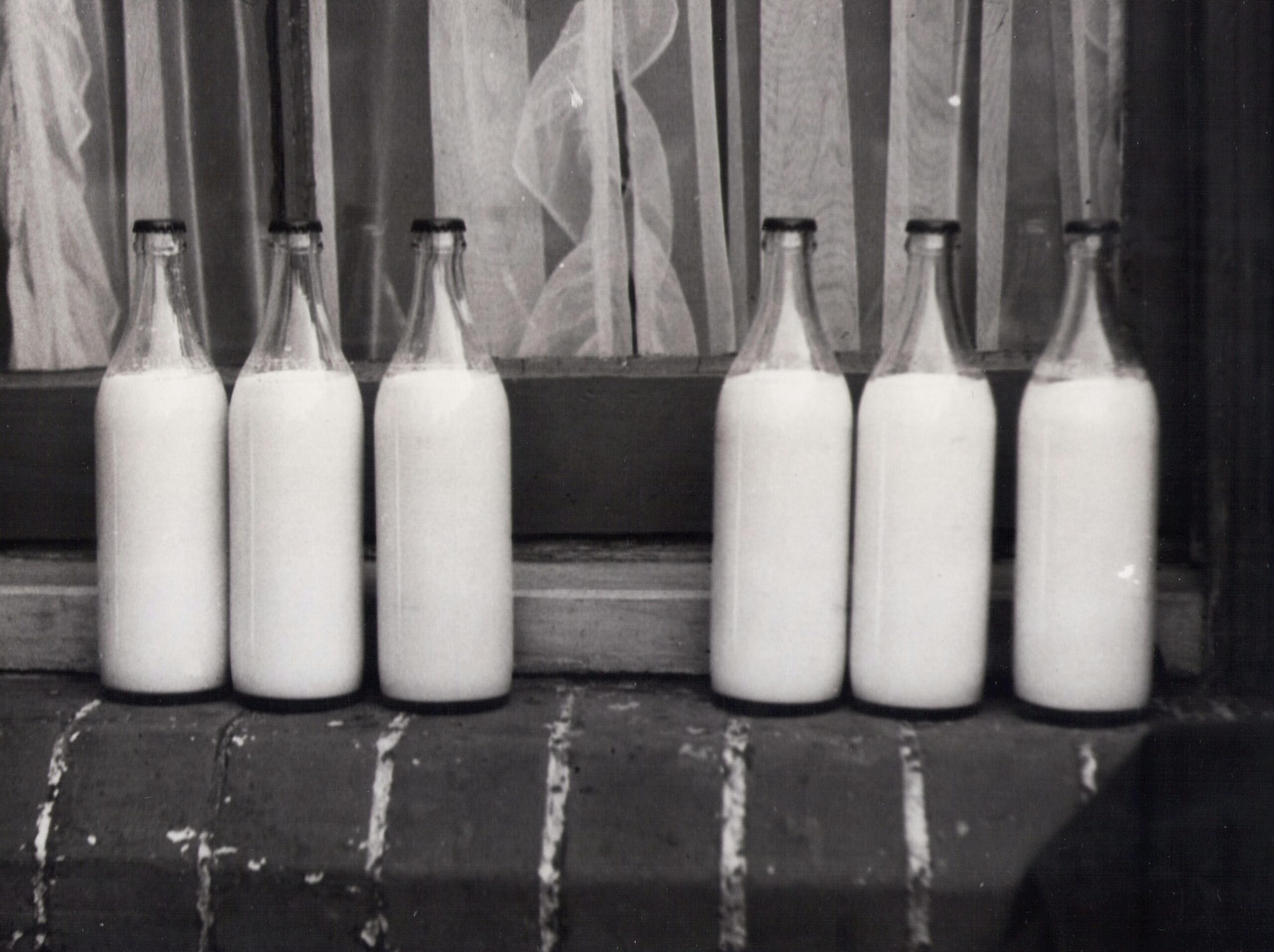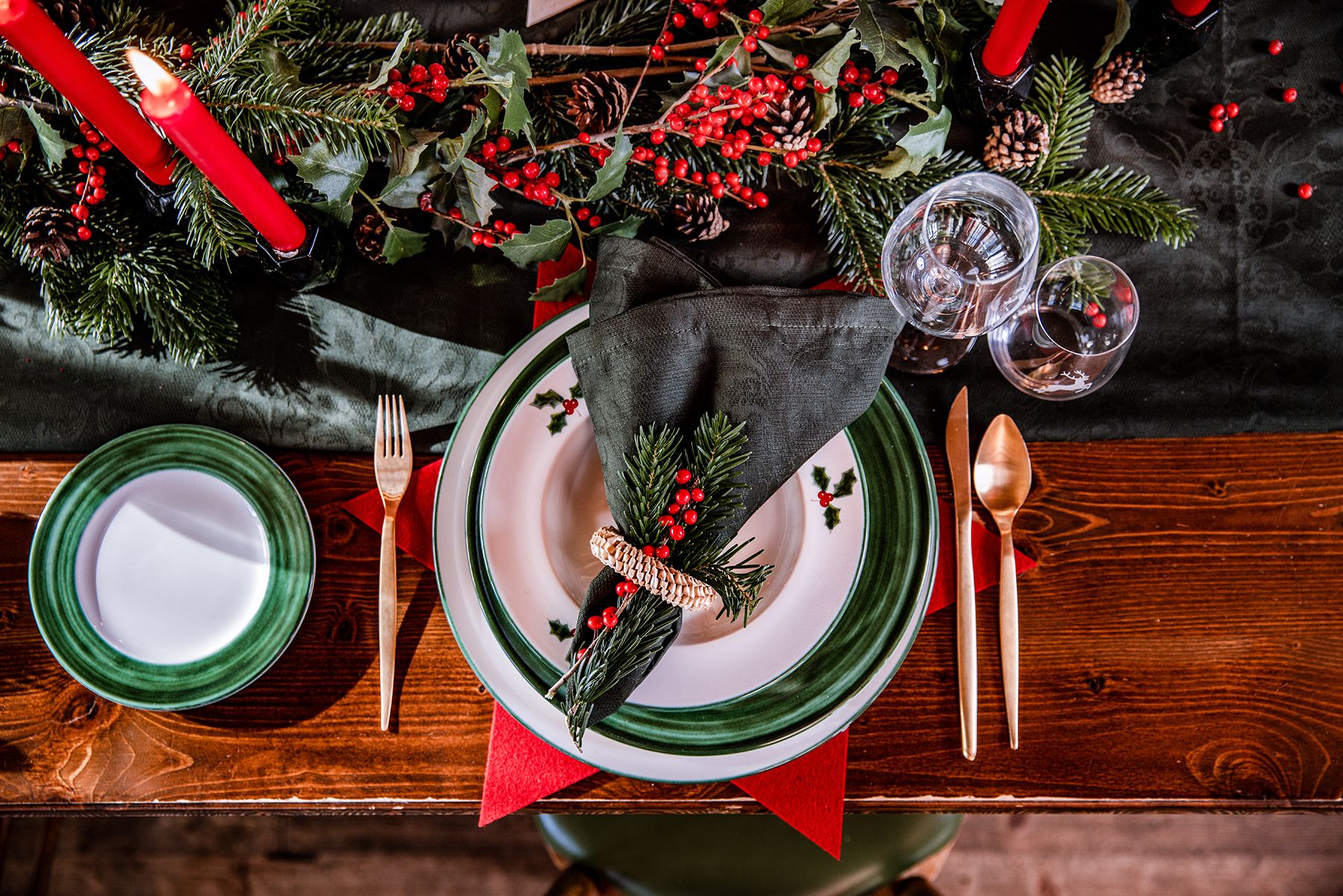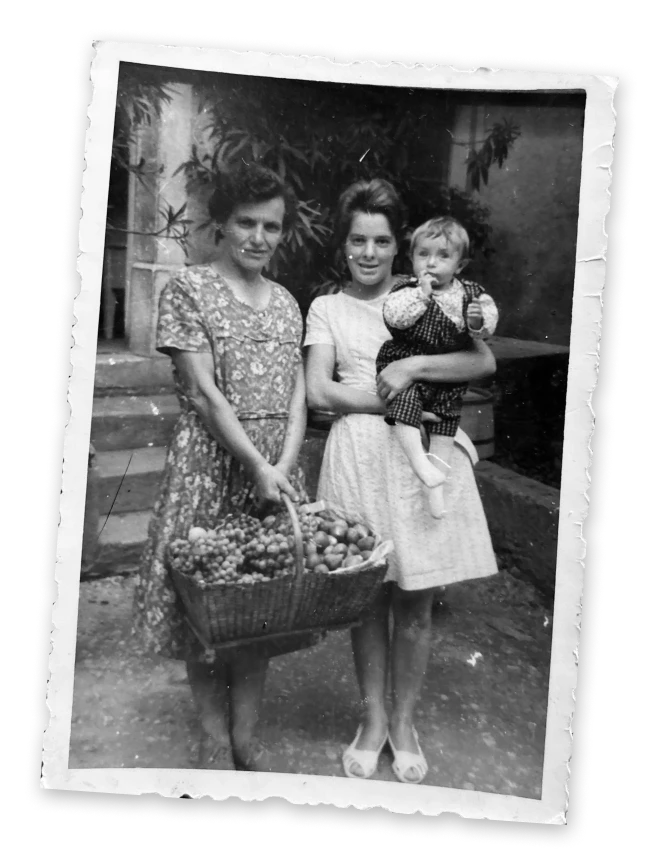10 Authentic Slovenian Souvenirs to Take Home
If you’ve added Slovenia to your travel list, you’ve likely heard of its pristine rivers, Alpine trails, and underrated wines. But to understand its true essence and explore Slovenia, you need to look deeper – into the quiet villages, family workshops, and traditions passed down by hand.
Craft in Slovenia is more than technique, it’s a way of life. You’ll learn patience from lace-makers, persistence from blacksmiths, and connection from potters who work with the land itself. These traditions have endured because they still serve a purpose: bringing meaning, beauty, and balance into everyday life.
10 Meaningful Things to Take Home From Slovenia
We’ve handpicked ten crafted pieces from across the country. Not just as souvenirs, but as stories to take home. Each one carries the spirit and wisdoms of Slovenia to carry on.
What Slovenian Craft Teaches Us About Living Well
Slovenian craft is a life philosophy shaped by land, family, and rhythm. In every handmade piece, you’ll find enduring values passed through generations: connection to nature, quiet skill, deep home life, patience, and legacy. These aren’t just beautiful traits they offer inspiration for living with more intention, presence, and care.

Live in Rhythm With Nature
Slovenians don’t just live in nature, they live with it. Nearly every traditional craft draws directly from local materials: wood from Ribnica’s forests, flax from Bela Krajina’s fields, clay from Prekmurje’s earth, bees from alpine meadows. This deep ecological relationship reflects a national character that prizes balance, self-sufficiency, and quiet respect for the land. Even today, it shows in how Slovenians protect forests, celebrate World Bee Day, or build homes from natural materials.
There’s something here to take home beyond the object: a way of noticing and living in sync with your environment. Whether you live in a city or countryside, Slovenian craft nudges you to choose local, use materials wisely, and let your surroundings shape your everyday rituals. It’s not performative sustainability. It’s a gentle, enduring practice one you can begin, wherever you are.

Find Pleasure in Doing Things Well
Slovenian craftsmanship is rarely flashy but it’s deeply skilled. Whether it’s the precision of Idrija lace, the strength of hand-forged nails from Kropa, or the meditative steadiness of potters in Filovci, Slovenians pursue quiet excellence.
There’s a cultural belief here that quality speaks for itself. A well-fitted joint, a steady weave, a tool that lasts, these are quiet signatures of mastery.
It’s a reminder for us, too, to take pride in doing things properly, even when no one’s watching. In your own life, it might mean fixing instead of replacing, learning a new skill just for the joy of it, or paying attention to detail because it matters. Quiet mastery isn’t just a trait of Slovenian craft it’s a way of living that invites patience, humility, and deep care in everything you do.

Let Your Home Reflect What Matters
In Slovenia, home isn’t just a place it’s a feeling. Especially in rural homes, you’ll find warmth layered into every room: handwoven textiles, lace on the shelves, clay pots passed down for generations. There’s a word for this unique atmosphere: domačnost, often translated as “homeliness” or coziness, but richer in meaning.
This deep domestic sensibility hints at a cultural priority: a life grounded in relationships, quiet rituals, and seasonal rhythm. Slovenians often decorate with handmade items not because they’re trendy, but because they carry legacy, care, and a connection to people and place.
And there’s something here for anyone, anywhere. Even in modern, fast-paced lives, we can create homes that feel lived-in and rooted. You might begin with one object that carries a story. Or with a ritual like lighting a candle in a handmade holder, or storing bread in a linen bag. Slovenian domačnost invites you to live closer to your space, to let your home reflect your life not a catalogue.

Embrace the Power of Slow
Many Slovenian crafts require slow, repetitive, exacting work. Lacemaking can take hours to complete just a few centimeters. Forging nails means striking hot metal thousands of times a day. Making felt slippers involves hours of wet-felting by hand. This capacity for endurance not just physical, but psychological tells us something about the Slovene temperament.
This trait was shaped by geography (mountain life demands resilience) and history (centuries of shifting borders and hard agrarian life). In craft, it’s reflected in the willingness to do things properly even if it takes longer. And today, it shows in how Slovenians still embrace slowness, whether through hiking, fermenting food, or spending all afternoon tending bees.
It’s a lesson worth carrying home. Not everything needs to be rushed. The slow route whether in learning a skill, mending a chair, or baking bread can offer rhythm, presence, and peace. Slovenian craft invites you to value process over perfection, and to find quiet satisfaction in doing one small thing well, again and again.
Why Slovenia Is Worth Exploring Through Craft
This is where I’m from. And every time I return home, I notice new things: a lace motif I missed, a dish that holds five generations, a kettle still whistling.
Slovenia isn’t loud. It doesn’t ask for attention. But it’s full of soul, skill, and slow beauty.
When you travel here, don’t just take photos. Take home a story. A piece of someone’s hands. A way of living that might just stay with you.













